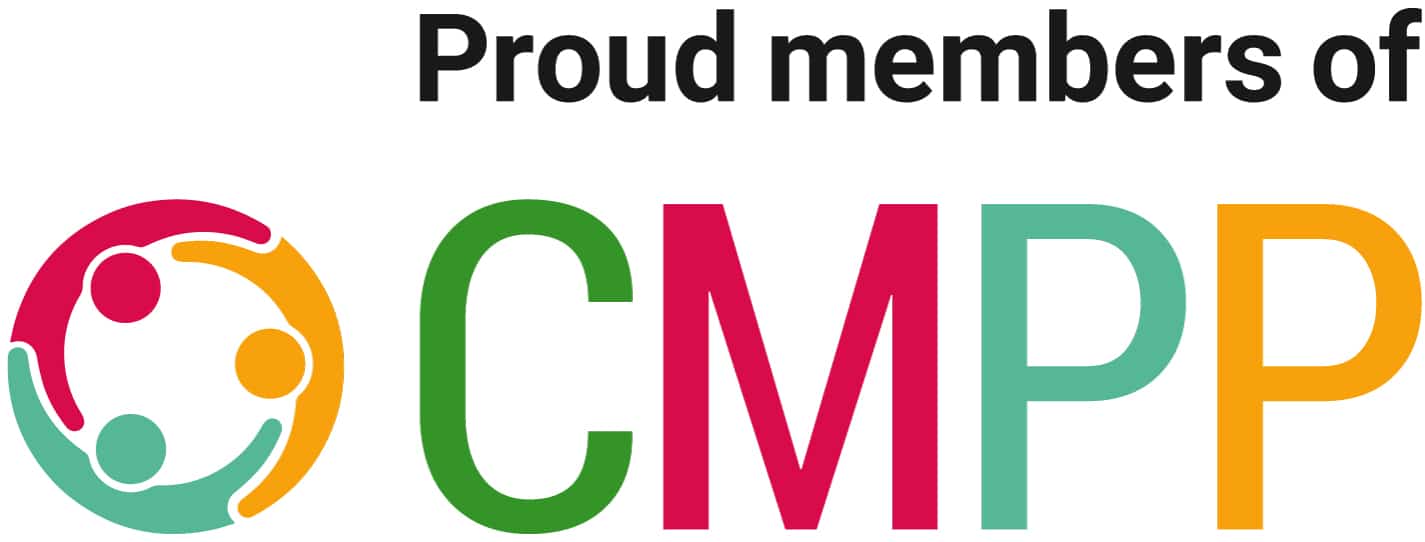- December 10th 2020
- SEO News
Small Business SEO: Q&A

Want honest answers to your SEO questions? Our experts are here to help – whether you’re investing or planning to DIY.
Q: Is SEO worth it for a small business?
A: How much do you want to grow? Even if you’re amassing followers on Instagram or Facebook, is it worth optimising your website to prepare your business for the future?
Thoughtful, consistent SEO will ensure that your site appears in search results.
Bad news for the impatient: it can be a painfully slow process, taking 3-6 months to show any results. But an optimised, growing website can keep its top spot for years.
Are you currently paying for ads? The eventual return on investment in SEO can be a lot greater than for Google Ads.
Q: How much does SEO cost for a small business?
A: The big question. For business owners – and especially small business owners – every outgoing is scrutinised for Return on Investment (ROI).
But let’s be frank: a non-optimised website is a waste of your money. When your website is bringing in business every single day, it becomes one of your most valuable assets. The returns can be amazing.
At Leapfrog Internet Marketing, a standard SEO package starts at £400 per month, but there is a vast range of prices available from SEO specialists like Leapfrog.
Q: Can I do my own SEO?
A: If you work on your own website, you can do most of your own SEO. Registering with Google Search Console and Bing Webmaster Tools, researching keywords, adding them to your tags and headers and creating keyword-rich content – all jobs that you will be able to do.
Link generation and site organisation are more difficult but not impossible.
And if you don’t see results, you can always ask us for an SEO audit to identify what else you need to focus on first.
Q: Is SEO hard?
A: It depends how comfortable you are with the technology.
But there’s a tonne of reading material online. Google’s guidelines for optimising your website indicate the tasks involved in basic SEO.
If you hired someone to produce your website, it makes sense to hire an SEO expert for an audit and possibly implementation. An SEO specialist will be able to optimise your site effectively and report on the results.
But if you’re the one operating your website, and you’re familiar with adding tags and headers, then you will be able to accomplish a lot of solid SEO by yourself.
Q: How do I choose keywords for SEO?
A: Keyword research shouldn’t be rushed, because it’s the main component of successful SEO.
It’s also a very interesting journey into the minds of your customers and competitors – what exactly do my potential customers search for?
Alone or with your team, brainstorm keywords that your customers could be using to search for your service or product. Then select the most appropriate using an online keyword reporter. Start a spreadsheet to save your favourites.
Try using Google’s Keyword Planner and, for long-tailed keywords, keywordtool.io . The ideal keywords to pick are those with low competition and reasonably high frequency. (It’s difficult to find perfect keywords – aim for the best you can get.)
The more specific (or “long-tailed”) your keywords, the better the odds of gaining a good ranking. Aim for a mix of popular, generalist keywords and specific ones describing your items. Long-tailed keywords can be great for blog posts.
Any more questions about SEO? Please ask us here and we’d be delighted to help.
- How Does the Google Data Leak Help Us Get Better Rankings? - June 4th 2024
- New: Manage Google Business Profile Manager in Google Search - June 7th 2022
- The Google Page Speed Update: What Can I Do About It? - July 6th 2021


